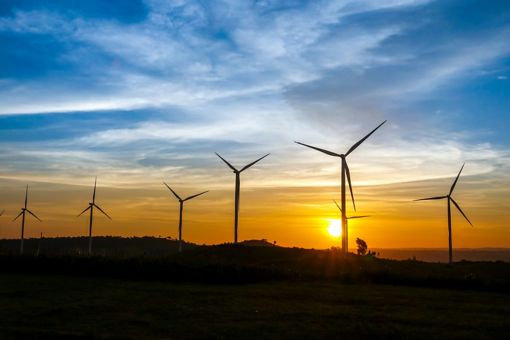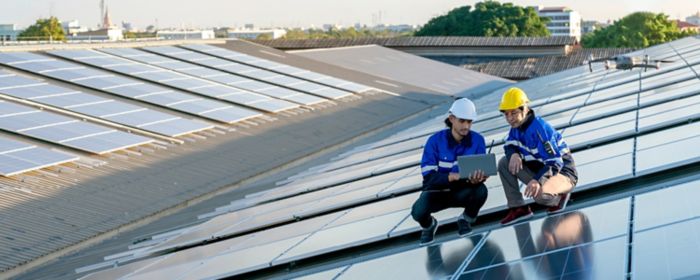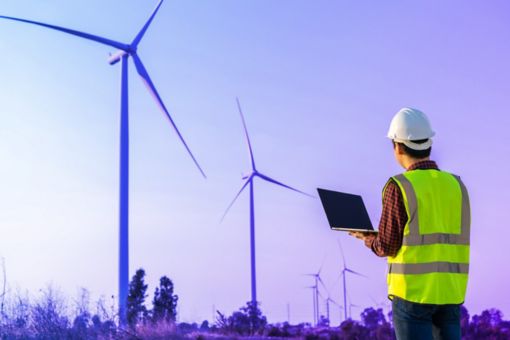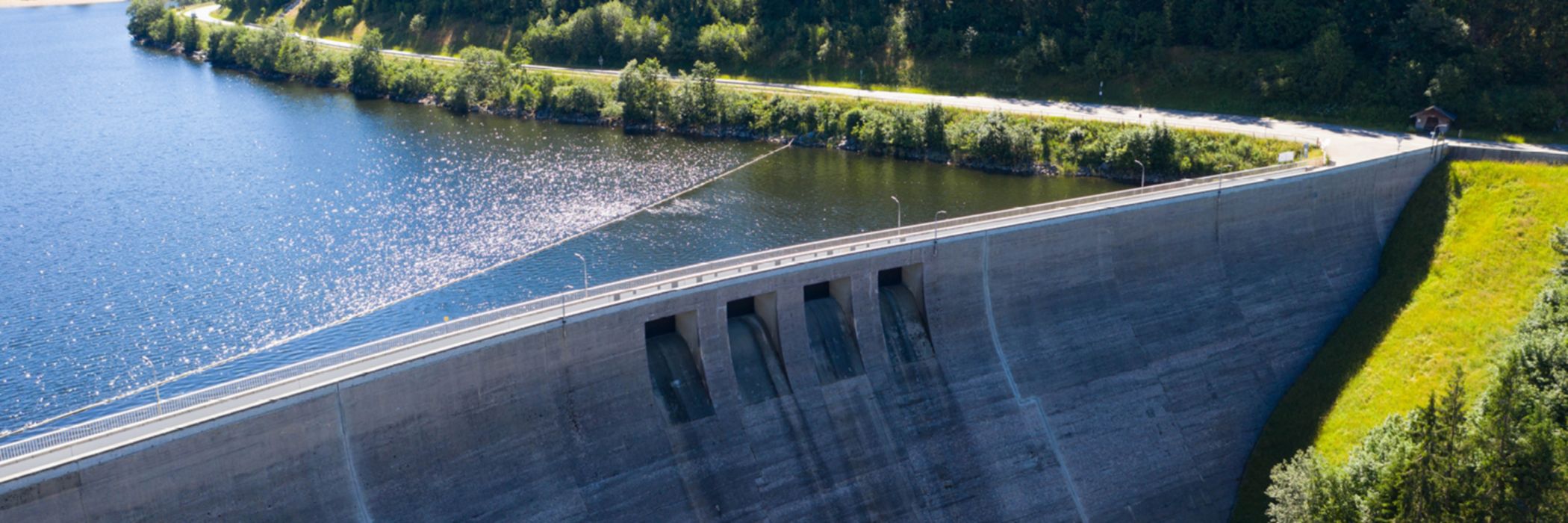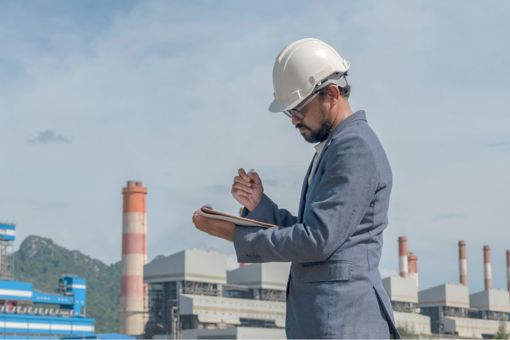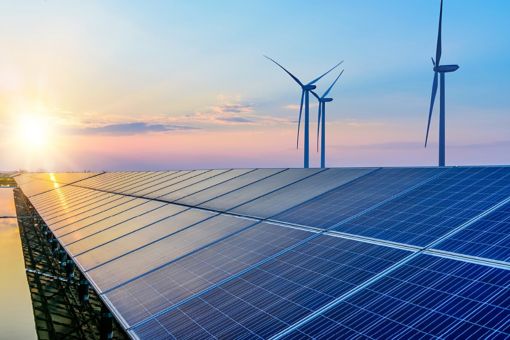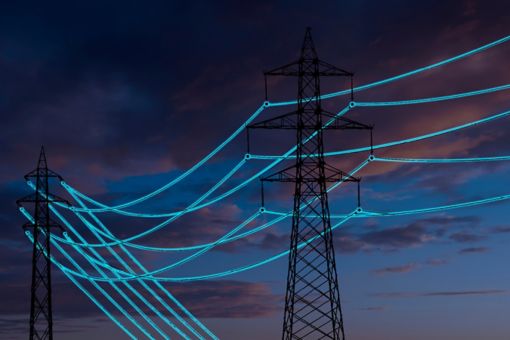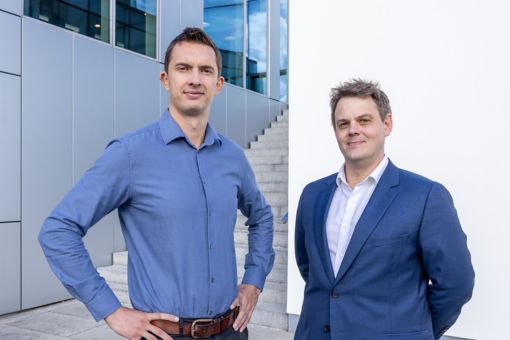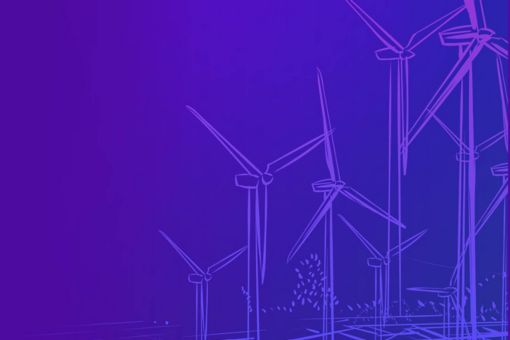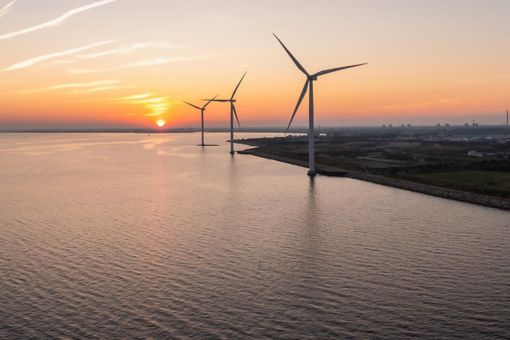Digital innovation. Geopolitical and market volatility. Increasing demand for decarbonization.
With uncertainty and transformation driven by these and other factors, organizations across all sectors of the energy industry are exploring how to adjust their businesses, satisfy changing customer demands, and take advantage of new opportunities.
Energy companies need a disciplined approach to preparing for both anticipated and unexpected change; KPMG firms can help.
The industry remains challenged by volatile commodities prices and a shifting economic, regulatory, and competitive landscape. We assist companies in evaluating and adjusting their supply chains and operating models for the current environment, as well as in identifying deal opportunities, new markets and capital improvements.
We also show companies how to optimize current digital portfolios while implementing new technologies.
Innovations like data analytics and intelligent automation have the potential to improve productivity and give rise to new products and services—as long as the right risk management measures are in place. For data analytics capabilities, KPMG professionals know how to extract value but also how to help protect the proliferating volume of data generated by connected devices on pipelines, transmission lines and other equipment, and in customer homes and businesses.
As attention to climate change and decarbonization grows across all industries globally, KPMG member firms are helping numerous organizations develop strategies for the energy transition. And, in light of the rising number of high-cost weather events, we also counsel companies on managing crises, modeling risk, and building infrastructure resiliency to help protect the communities where their employees and customers live.
KPMG teams have the experience and the knowledge to help energy, natural resources and chemical companies tackle difficult issues and successfully adapt to change. We look forward to meeting the specific needs of your organization.
Our latest insights

Power & Utilities

Energy Transition


Technology

Tax & Legal


Credentials

Energy sector events
Insights from past events



